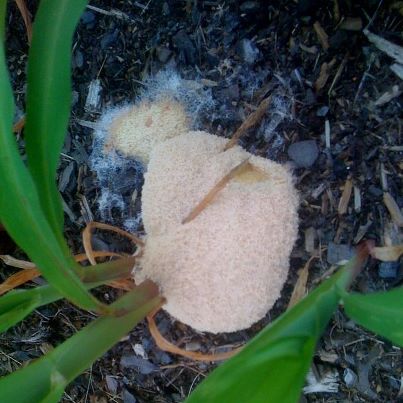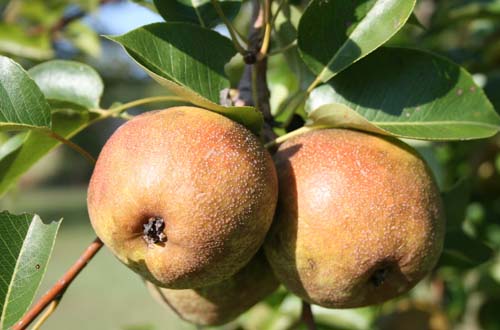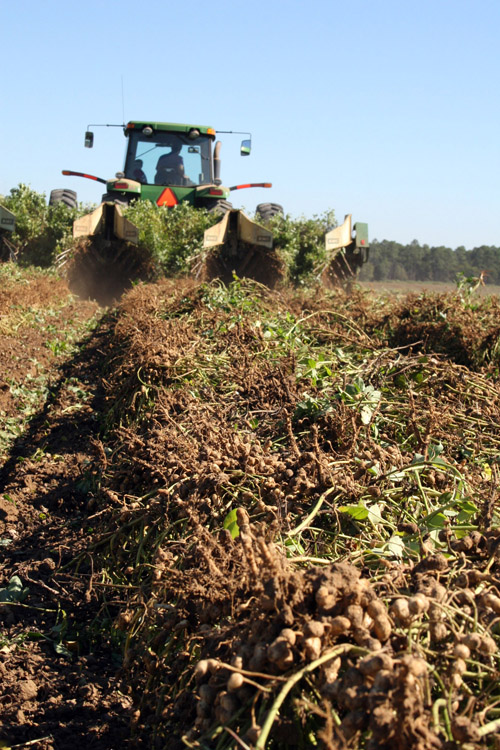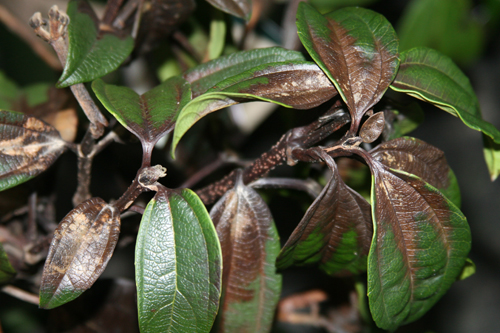 CAES News
CAES News
Alien-looking slime molds come from mulch not Mars
Most of the time when people call their University of Georgia Extension office, they are typically fairly calm, but when they call to report a science-fiction-type growth has taken up residence in their yard, their nerves are usually on edge.



.jpg)

